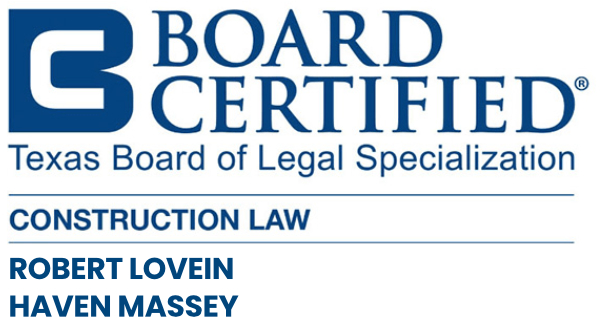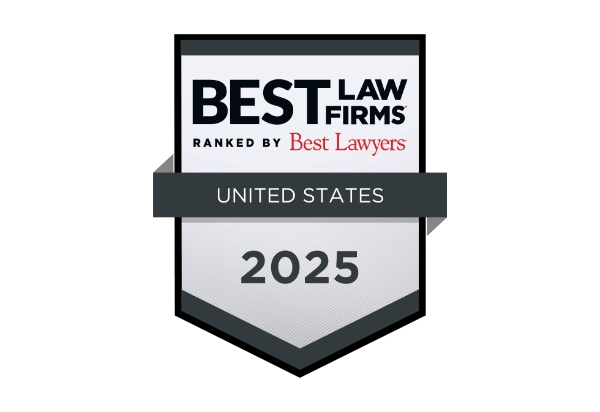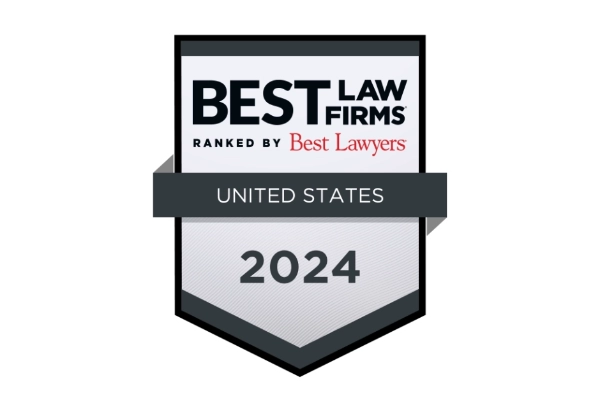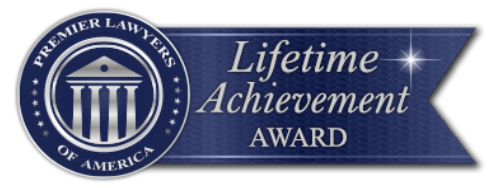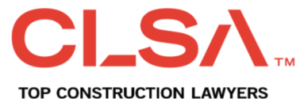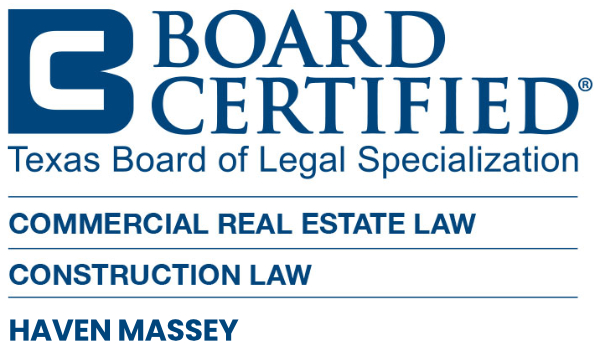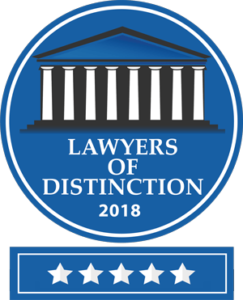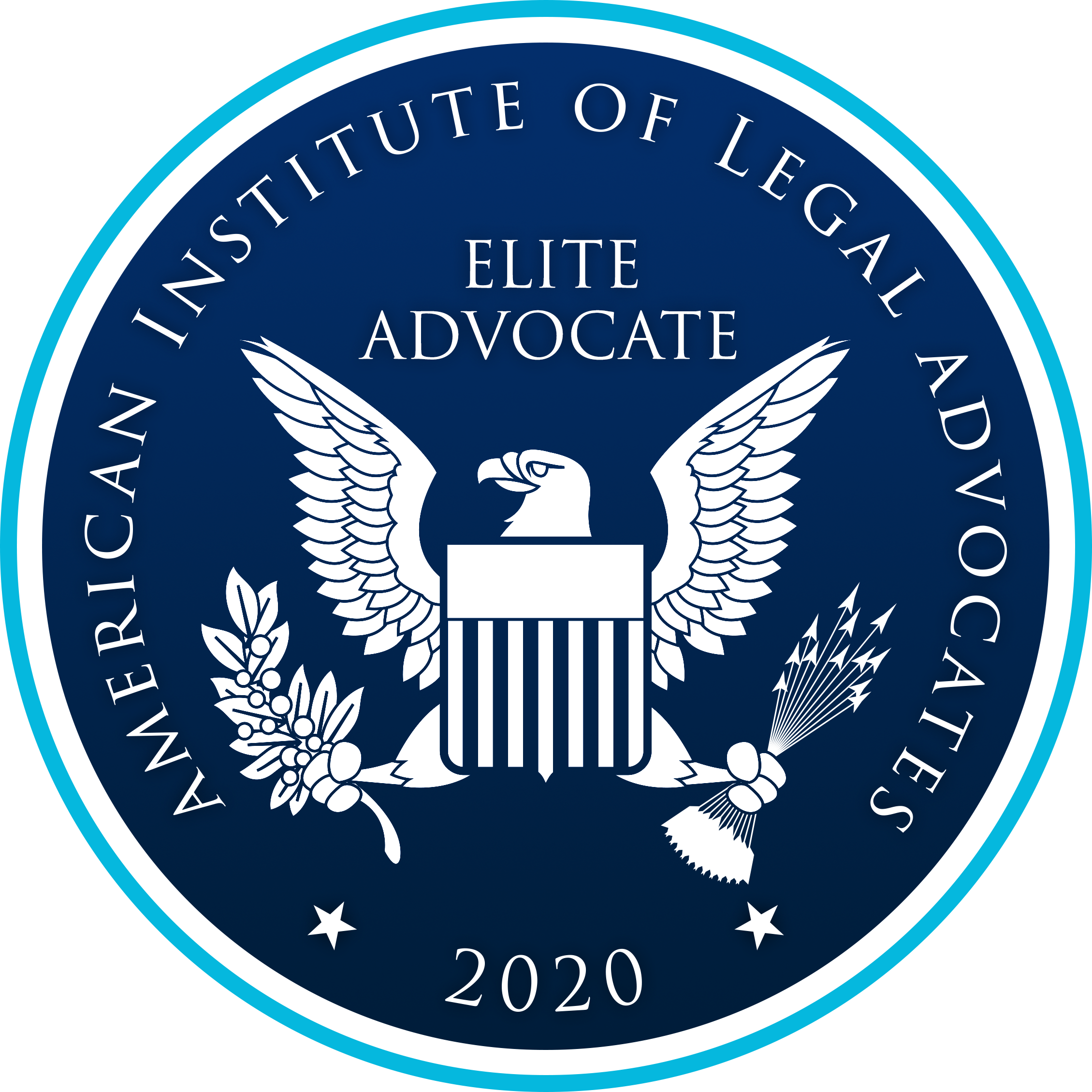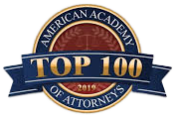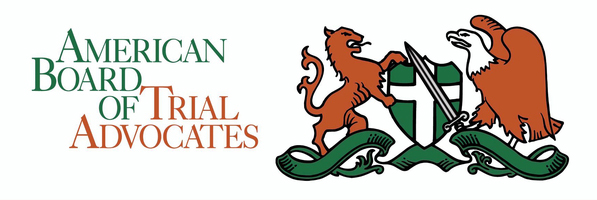The Texas Board of Legal Specialization has certified approximately 150 Texas lawyers as Board Certified in Construction Law. Lovein Ribman’s construction law department is overseen by two of those Board Certified lawyers. We counsel and represent property owners, architects, engineers, developers, sureties, general contractors, subcontractors, and suppliers with every type of legal issue encountered on commercial, industrial, residential and public construction projects or through running a construction-related business. Our construction attorneys have been tried and tested, and are experienced in all aspects of construction law, to include defending architects and engineers against disciplinary actions; enforcing payment through the mechanics lien and bond claim process; foreclosure actions; defending and/or prosecuting design claims, defect claims, and delay damage claims; and with drafting, reviewing, and modifying all types of residential and commercial contracts. We understand your industry. We listen to your needs. We will add value to your company.
Disciplinary complaints are serious and certain violations can result in loss of the professional’s license or even criminal prosecution. Lovein Ribman’s Board Certified construction attorneys have defended hundreds of professionals against complaints filed with the TBAE and the TBPE, from initiation of the complaint through final resolution. If you have received a complaint, please contact us at (888) 368-2483 or submit the Contact Form so we can discuss the complaint and the complaint process for no charge. To learn more about the TBAE and TBPE complaint process, read below.
Texas Board of Architectural Examiners Complaints
The Texas Board of Architectural Examiners (“TBAE”) regulates the conduct of architects, landscape architects, and registered interior designers. The Board may initiate a contested case proceeding in response to: (1) a written complaint filed by a member of the public; (2) information provided in a registration application or renewal form; or (3) other information known to the Board which establishes probable cause. The Board shall not act upon a written complaint filed by a member of the public unless the allegations describe conduct that violates a rule or statutory provision enforceable by the Board. When a complaint is filed, the TBAE enforcement staff must conduct a preliminary evaluation of the claim within 30 days to determine: (1) jurisdiction, (2) prior disciplinary history, and (3) the seriousness of the complaint. After performing these steps, the TBAE will notify the professional of the complaint and request the professional to respond in writing within 30 days of receiving notice of the claim. Failure to respond to the complaint may constitute a separate violation subjecting the professional to disciplinary action.
A contested case may be informally resolved at any time without a final hearing, wherein findings of fact and conclusions of law are memorized into a consent order or letter of reprimand. The Board and the Executive Director shall take into account the following factors when considering a proposed settlement: (1) the nature, circumstances, extent, and gravity of any relevant act or omission; (2) the hazard or potential hazard to the health, safety or welfare of the public; (3) the economic harm resulting from the conduct; (4) the professional’s history concerning any previous ground for sanction; (5) the severity of penalty necessary to effectuate specific and general deterrence; (6) any effort by the professional to take prompt remedial action; (7) the economic benefit gained by the professional as a result of the conduct; and (8) any other matter justice may require. A professional can request a voluntary informal conference with the Executive Director to discuss the claim prior to negotiating a settlement or proceeding to final hearing.
If an informal settlement cannot be reached, then the claim is referred to the State Office of Administration Hearings for a formal hearing, wherein evidence will be admitted through documents and witnesses and a final determination will be rendered.
A complaint can result in a fine, probation, or suspension of the professional’s license. Given the seriousness of the complaint process, a professional should always consult with a qualified construction defense attorney before responding to a complaint or entering into an informal settlement.
Texas Board of Professional Engineers Complaints
The Texas Board of Professional Engineers (“TBPE”) is responsible for investigating alleged violations of the Texas Engineering Practice Act (“Act”). The Board may initiate its own investigation or in response to a complaint filed by a member of the general public. The provisions of the Act and the Administrative Procedure Act, Chapter 2001, Texas Government Code, apply to the conduct of all investigations and administrative actions in processing of a complaint.
Upon receipt of a written complaint and supporting evidence, the Board will review the complaint and determine whether a potential violation exists and if so, the Board will proceed with an investigation. If a potential violation exists and the board has authority to resolve the complaint, the Board shall set a priority for the complaint and initiate disciplinary proceedings against the professional. The Board has the authority to: (1) informally or formally request information and documentation from the involved parties, (2) perform site visits or inspections to investigate the complaint, (3) contract technical consultants and other services to investigate and evaluate aspects of the complaint or evidence, (4) subpoena information, as required, (5) seek the assistance of local and state law enforcement authorities, and (6) seek out any other investigative action needed to assist in the resolution of the complaint. If sufficient evidence does not exist to substantiate a violation of the Act or Board rules, the Board staff shall recommend dismissal of the complaint and report the dismissal to the Board. Upon the determination that there is sufficient evidence in support of the complaint, the Executive Director shall notify the professional of the alleged violation and request a written response.
After evaluation of the professional’s response, if a violation appears evident, the Executive Director shall initiate an enforcement action against the professional. The action may be informally resolved by: (1) entering into an agreement of voluntary compliance; (2) agree to an informal Consent Order or Agreed Board Order that may include an administrative penalty and/or compliance requirements; (3) agree to mediation; (4) referral of injunctive or criminal actions to the proper authorities; (5) referral to the State Office of Administrative Hearings; or (6) other action as provided by law.
Before proceeding with the formal contested case hearing process, the professional shall have an opportunity to resolve the allegations informally through a Consent Order with findings of fact and law. The professional may also request an informal conference to present additional evidence and discuss details of the allegations. The State Office of Administrative Hearings shall conduct all formal hearings and contested cases in accordance with the Administrative Procedures Act.
A complaint can result in a fine, probation, suspension of the professional’s license, and/or criminal prosecution. Given the seriousness of the complaint process, a professional should always consult with a qualified construction defense attorney before responding to a complaint or entering into an informal settlement.

